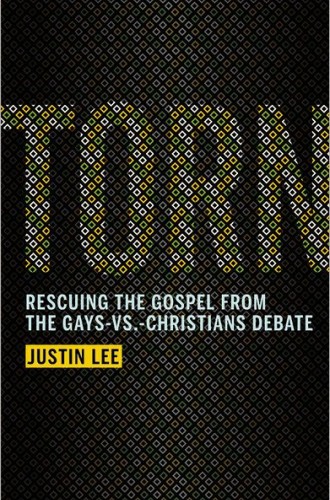Evangelical and gay
Raised a Southern Baptist, with two loving parents, Justin Lee didn’t want to be gay. But when he revealed that he was attracted only to people of his own gender, the church he loved acted like he had chosen to be that way. When he searched for understanding in high school and college, he was essentially told to cut it out and stop being gay, with Jesus’ help.
At the advice of his pastor, Lee threw himself as a teenager into the ex-gay movement. He listened to national speakers testify about having turned their sexuality around with Jesus’ help. But away from the speaker’s podium, the ex-gays told him a different story. Their behavior had changed but the attractions remained. Whether or not they were truly ex-gay depended on the definition of what makes someone gay—the inclination or the act.
This distinction would later become a linchpin in Lee’s work with the LGBT Christian community; it is something that sets him apart in a noisy and crowded battlefield.





